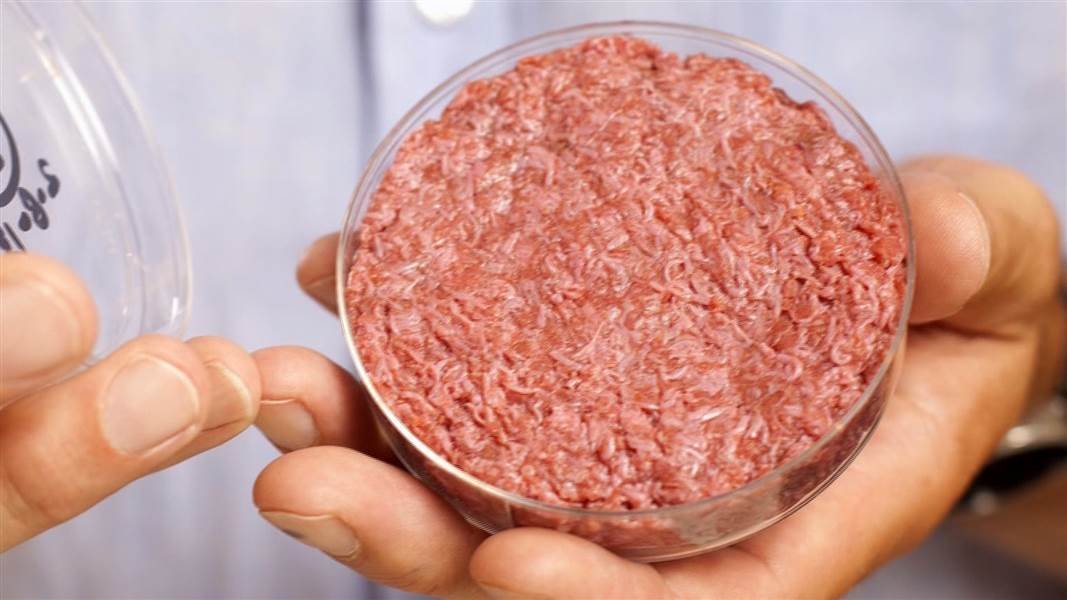Wednesday, 28 January 2026
Study finds ‘naturalness’ obstacle to cultured meat alternatives
The research team concluded that consumer acceptance could pose more of a challenge than technological and scientific limitations A Zurich University study found that the main obstacle to cultured meats…

The research team concluded that consumer acceptance could pose more of a challenge than technological and scientific limitations
A Zurich University study found that the main obstacle to cultured meats is consumer fears that the alternative protein is unnatural.
The research team said it hypothesised that lab-grown meat was perceived to be less natural and more unattractive to consumers than traditional meat, which may cause problems with its acceptance.
“Another aim was to investigate how the manner of describing meat production would shape consumers’ perception and acceptance of the product,” said the lead authors of the study.
The research team concluded that consumer acceptance could pose more of a challenge than technological and scientific limitations.
The study included two experiments. The first educated people about cultured meat and the majority opinion was that cultured meat was perceived as unnatural, with a low level of participant acceptance, whereas traditional meat was viewed more positively.
The second experiment randomly assigned participants to one of three descriptive pieces of information regarding cultured meat. The team found that a less technical description of lab-grown meat was viewed more favourably than an in-depth scientific explanation.
“It is important that consumers perceive cultured meat as natural. Although the production process of cultured meat completely differs from that of conventional meat, the product is essentially the same; that needs to be communicated to consumers,” said the researchers.
“If this can be achieved, cultured meat may be the solution that will provide ‘meat’ to consumers while reducing the environmental impact associated with meat consumption.”
The concept of alternative meat products is gaining ground in food production, spurred on by sustainability issues and consumer trends that prioritise animal welfare. This has led to developments such as looking at insects as a source of protein, changes in animal feeding practices and lab-grown meat.
A number of food start-ups have emerged to take advantage of the potential opportunities for marketable production of cultured meats.
US cultured meat producer Memphis Meat has capitalised on beef alternatives in collaboration with food processing conglomerate Cargill, and others, which invested €14.4m ($17m) in Memphis Meat in October 2017.
Meanwhile, New York-based company Finless Foods is an emerging start-up with the aim of developing in vitro marine-based food products for the commercial market.
Our objective is to create seafood sustainably using scientific cellular agriculture technologies, which will provide a cost-effective and healthier appetising alternative to conventionally-caught and commercially-farmed seafood,” Finless Foods said on its website.
Mike Seldon, CEO said: “Theoretically from one little piece of meat you can create an unlimited amount.”
The technique takes a small sample of cells from living marine animals and from these cells the company manufactures something akin to fish fillets in a similar style to a brewery. The company will then look to accelerate cell growth in a cost-effective and efficient manner. The final product will have the same shape and texture as real fish meat as it will be identical on a cellular level.
“Aquaculture is a system of inputs and outputs, why would we have our expensive food inputs create energy for the fish only to have that energy diverted into things we don’t need, like swimming or having a heartbeat? Why can’t we have a system that only puts energy into growing the parts that people want?” said a Finless Foods representative.
The concept of growing parts of the fish ideal for consumption without having the living, breathing animal may seem unnatural but can also provide a solution to the current sustainability issues surrounding meat production.
Technology
Capel Marron Farm boosts Australia’s premium food investment credentials
Jan 28, 2026 | Australia
Tetra Pak invests €60Mn in owned pilot plant to advance paper-based barrier technology development
Jan 27, 2026 | Company News
Jollibee Group inaugurates VisMin Commissary in Philippines to support regional expansion
Jan 22, 2026 | Company News
Food Testing
NSF launches retail food safety audit program in ASEAN and Australia
Jan 19, 2026 | Australia
Bringing PFAS testing to the point of need
Jan 16, 2026 | Australia
IMCD opens a Food & Nutrition Laboratory in Cologne
Jan 08, 2026 | Company News
More Popular
Ready-to-stir BLG ingredient offers patient-friendly solution for medical nutrition
Jan 28, 2026 | Company News
Sparkling Ice LIFE SAVERS collab brings four new candy-inspired flavours
Jan 28, 2026 | Beverages
Acker embarks on new era across Europe & Asia with launch of Acker Wine Merchant in Singapore
Jan 28, 2026 | Beverages






